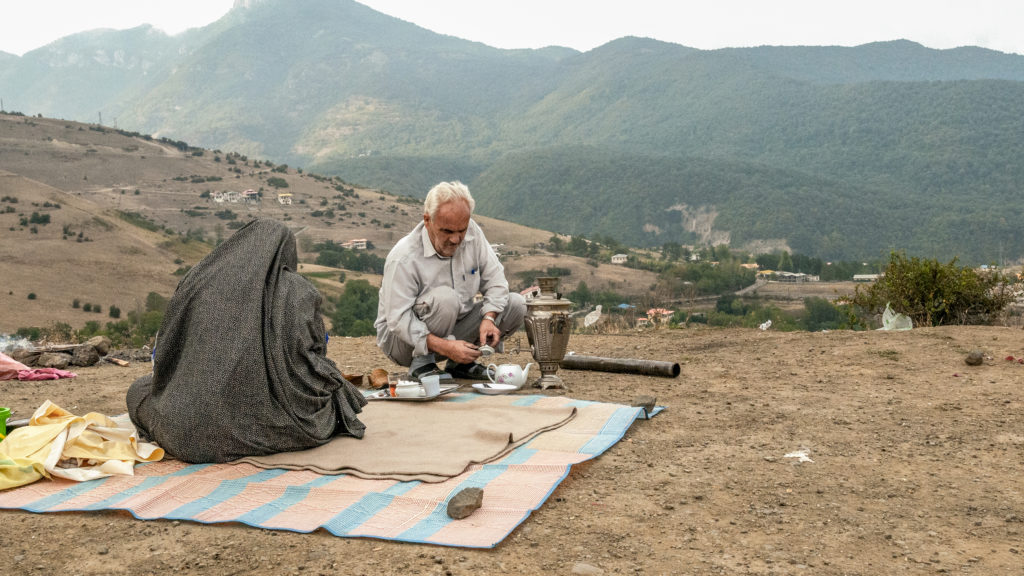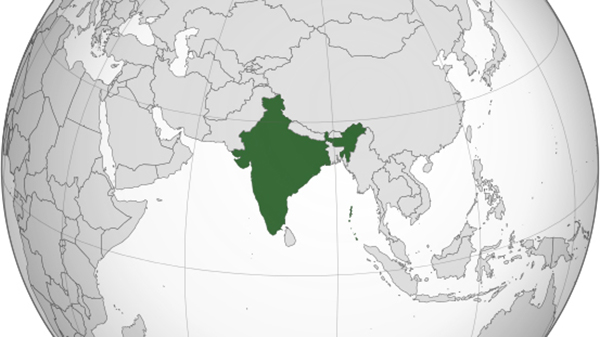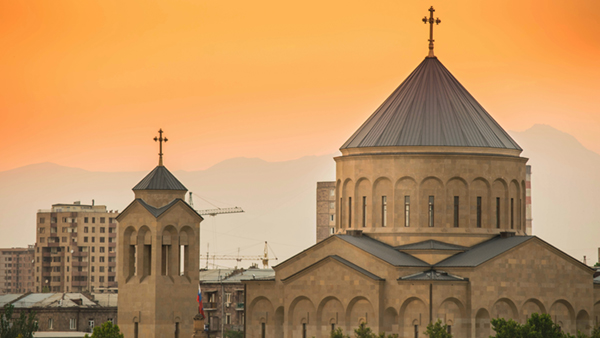What freedom is most important to you? That was the question recently put to people in a nationwide survey by Yankelovich Partners. The result demonstrated that freedom of religion remains a precious possession of the American public.
Freedom of religion was not the most commonly named freedom by respondents. Thirty-three percent mentioned freedom of speech first. Freedom of religion followed with 31 percent. But freedom of speech does not exist without freedom of religion. Unless one is free to speak about religion, there is no freedom of speech. Unless one is free to write about one’s religion, there is no freedom of the press. Unless one is free to assemble for religious purposes, there is not freedom of assembly.
That is why freedom of religion is frequently mentioned as the first freedom. The other guaranteed rights of the First Amendment to the United States Constitution flow from religious freedom.
Interestingly, freedom of the press and freedom of assembly barely scored on the national survey. Third and fourth place went to freedom to earn and spend money with 13 percent and freedom to vote with 12 percent.
No small matter
Most Americans take freedom of religion for granted today, but it was not always so. In New England, those who had been dissenters in England moved quickly to establish their church as the religion of the area and to stifle all others. John Cotton wrote that differences would be tolerated only if they were about peripheral issues and the dissenter did not publicly advocate his views.
In 1679, when First Baptist Church, Boston, attempted to meet in its new building for the first time, the members found the doors nailed shut and a sign forbidding them from entering. One historian noted that “public calamities, such as disease, epidemics or Indian raids were especially hard on Baptists because some ministers of state churches interpreted those events as God’s punishment for allowing Baptists and other dissenters to exist.”
In the southern colonies, life was little different. In North Carolina in the community of New Berne, tradition holds that three Baptists were publicly whipped for attempting to register their house of worship. Two years later, other such incidents occurred in nearby counties. Baptists in South Carolina and Georgia also documented incidents of persecution.
But it was in Virginia that the battle for religious freedom was waged most bitterly. There Baptists were persecuted for refusing to baptize infants and for baptizing by immersion. Baptists were hounded for continually preaching the gospel though they had “little human learning.” Baptists were chided for holding “noisy meetings.”
It was even said of Baptists that when they became strong enough, they would massacre the inhabitants and take possession of the country.
In what may be the “first battle of Bull Run,” the site of two famous Civil War battles, an armed mob attacked Richard Major as he preached in a Baptist church and drove him and the Baptists from the area, but he did not leave without a bloody and violent fight. At Stafford, a similar incident occurred when Baptist worshipers were attacked and defended themselves.
Baptists were dragged before the civil courts for “absenting themselves” from worship in the Church of England. Baptist ministers had trouble getting licenses to perform marriages, and weddings solemnized by Baptist ministers were not recognized by the government until the Marriage Act of 1784.
A number of Baptists were jailed for preaching the gospel including James Ireland who later would play a pivotal role in securing passage of the religious freedom amendment to the U.S. Constitution. Ireland was charged with preaching “vile, pernicious, abhorrible, detestable, abominable, diabolical doctrines.”
It is not surprising that persecution led Baptists of Virginia to conclude that the only way to achieve religious freedom was to gain political freedom. The climax came in 1775, when both the northern and southern district associations of Separate Baptists, representing the great majority of Baptists in Virginia, adopted resolutions urging political independence of Virginia from England. These resolutions were presented to the Virginia Convention assembled to chart the state’s course for freedom.
Historians describe the impact of the resolutions as “profound,” identifying Baptists as strong patriots in the coming struggle with England. Virginia’s actions, in turn, had a profound effect on the rest of the colonies.
But the goal of the Baptists was not so much political freedom as it was religious freedom. Baptists understood that without the freedom to believe, to teach, to preach, to worship and to write about their belief in God, they were not free.
Historical impact
Because of the Baptists’ experience, in part, the Constitution of the United States guarantees freedom of religion to all Americans. Religious freedom is called “an inalienable right.” It does not depend on ideas being popular
It does not depend on ideas prevailing at the ballot box. Religious freedom is a right given by God, and no earthly or ecclesiastical power can take it away.
One of the ironies of history is how often the persecuted become the persecutors once they gain a majority position.
Even Baptists can fall prey to such temptation. But, at our best, Baptists understand religious freedom is for all people, not just for us and those with whom we agree.
This Fourth of July, amidst the fireworks and celebrations, it is appropriate to pause and give thanks to God for the religious freedom Americans enjoy. It is our first freedom, our most important freedom. (TAB)





Share with others: